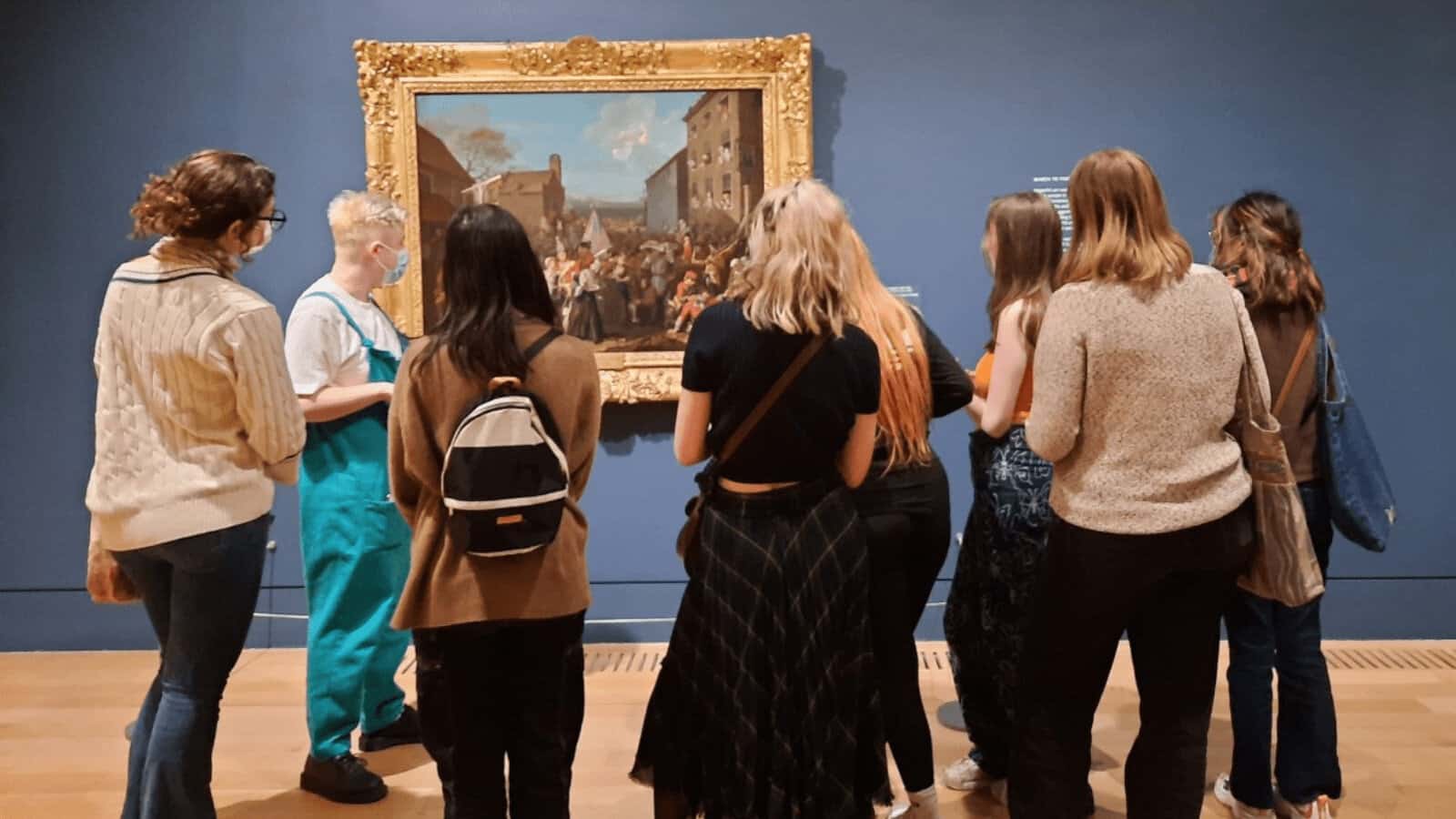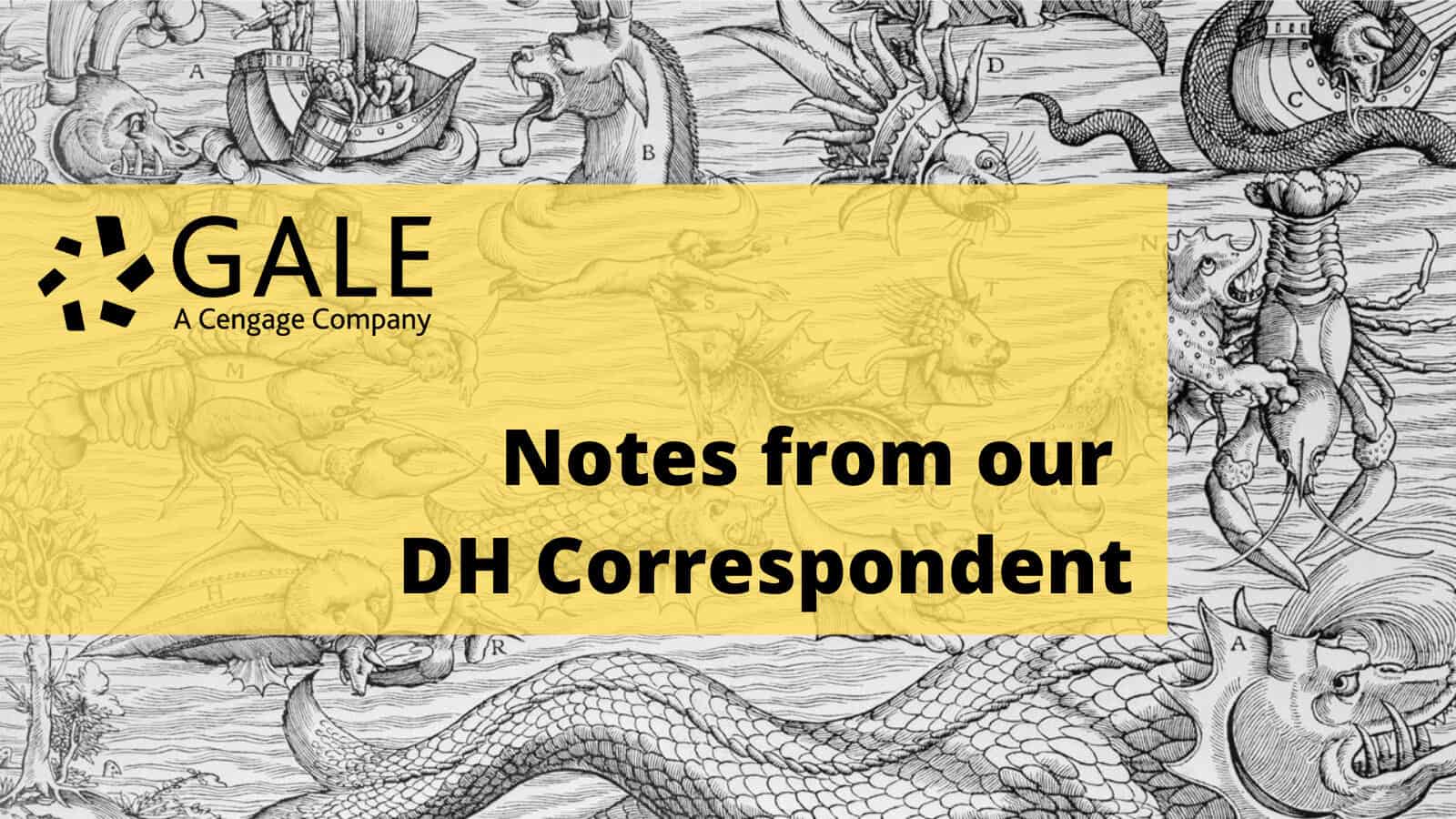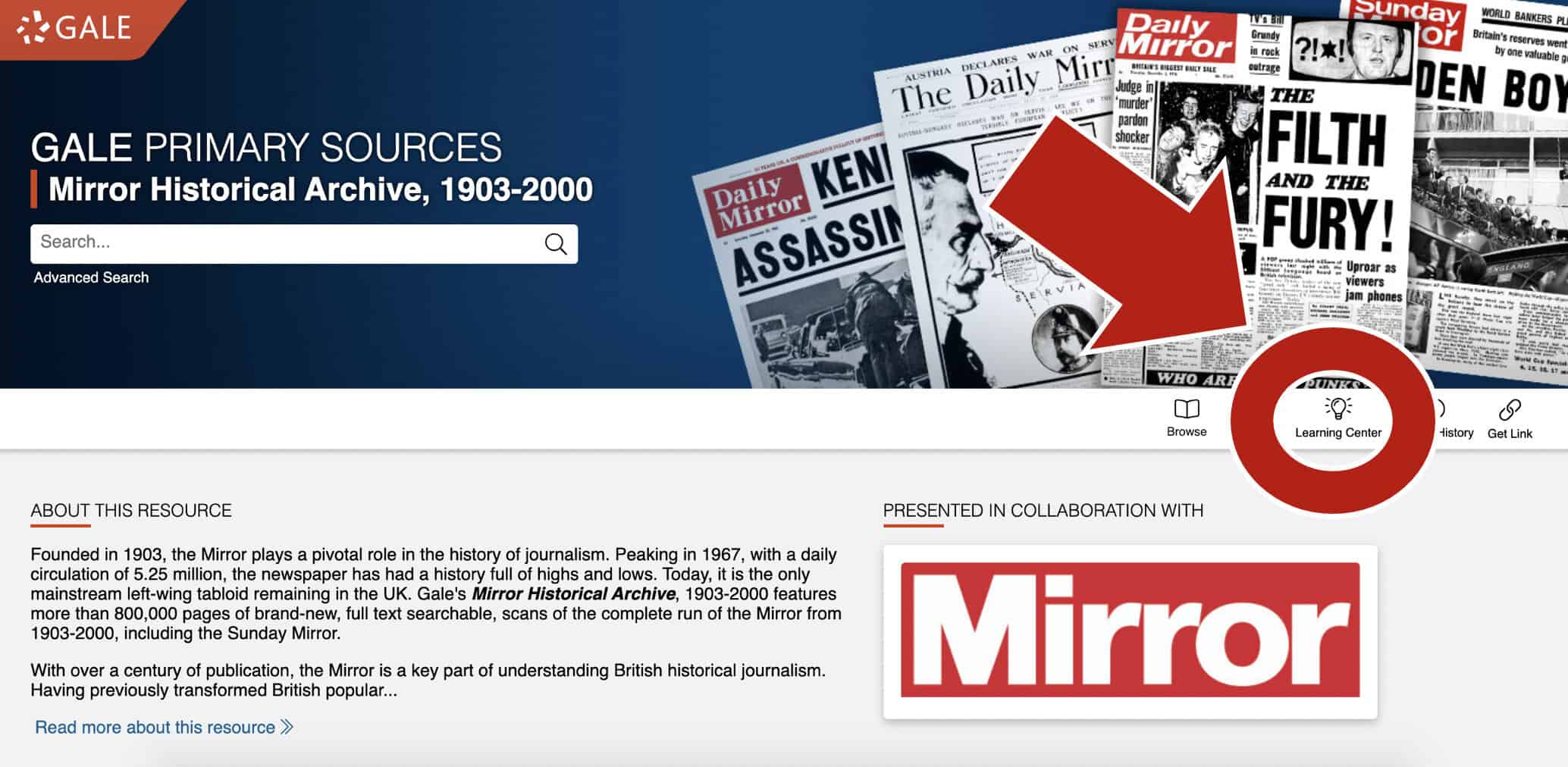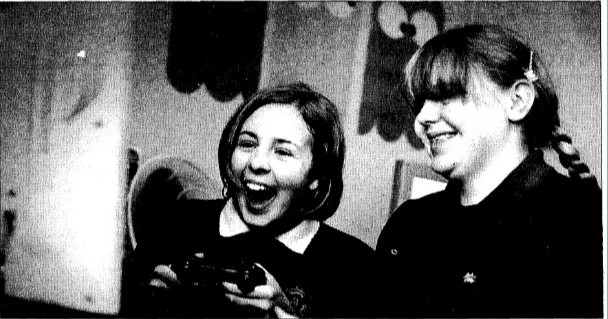│By Meg Ison, Gale Ambassador at the University of Portsmouth│
During my undergraduate studies, I read History and French. When I began looking for research funding for a PhD, I realised that so much research in the academy at the moment is interdisciplinary. Indeed, it has become somewhat of a ‘buzzword’. I combined research methods from the Humanities and Social Sciences in my research proposal to win a place with the South Coast Doctoral Training Partnership, funded by the Economic and Social Science Research Council. I completed their MSc in Social Research methods at the University of Southampton, and now I am on the interdisciplinary pathway for my PhD. I did not fully appreciate the potential and importance of interdisciplinarity until I started studying for my PhD with a cross-departmental supervisory team. As a result, I have a strong interest and belief in the power of interdisciplinary study. In this blog post I share some of my insights about this approach to research.






